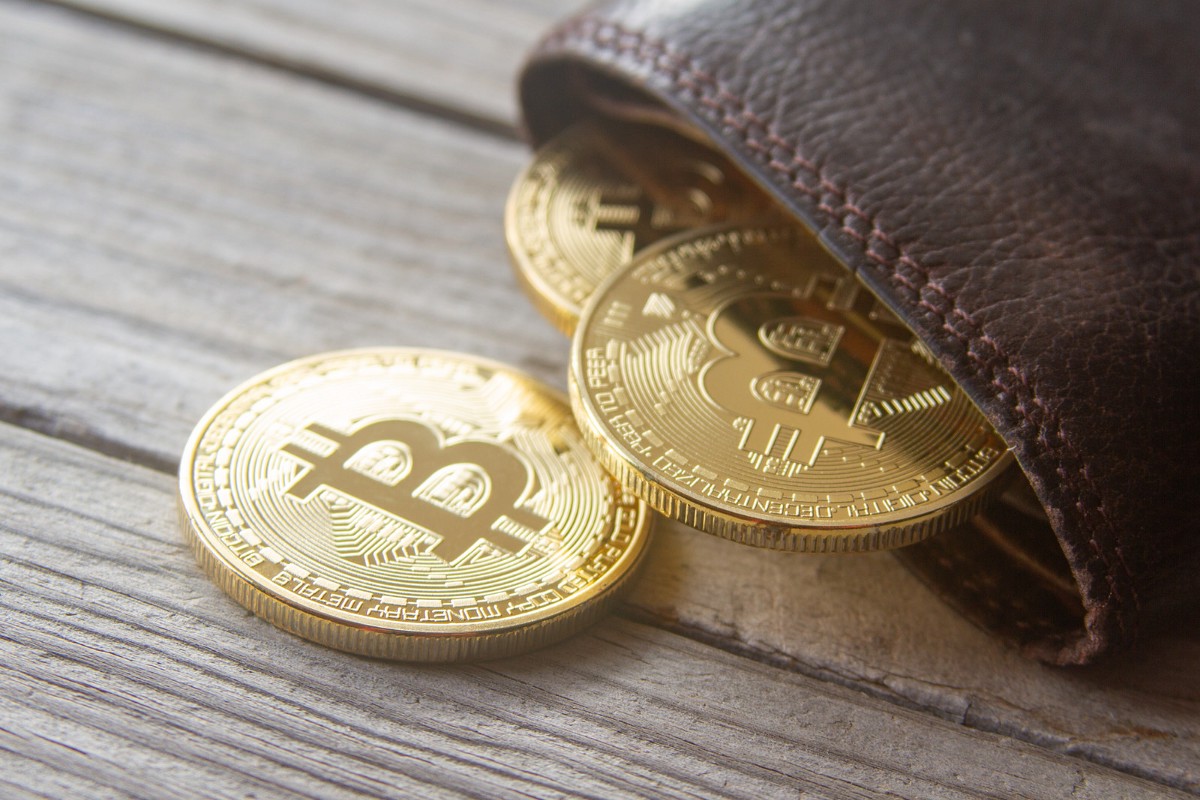
The safety of cryptocurrency technologies is among their most outstanding significant claims. Dozens of instances of market participants squandering their precious crypto funds have surfaced in recent years for many purposes. There seem to be numerous ways for criminal parties to target your funds and possibly hijack them, including faulty decryption handling, infiltrated swaps, and fake websites.
Crypto accounts (virtual wallets) and exchanging companies are the primary threats to your crypto assets. A cryptocurrency account doesn’t keep your virtual cash, but that does contain a secret key that enables you to exchange bitcoin over the internet. This secret key serves as your online footprint on the cryptocurrency industry, and anybody who obtains it can carry out suspicious transactions or take your money.
This is why it’s critical to take every precaution to ensure the security of your cryptocurrency assets. Here are a few solutions for securing your virtual currency wallet:
Table of Contents
1. Make use of a cold crypto wallet
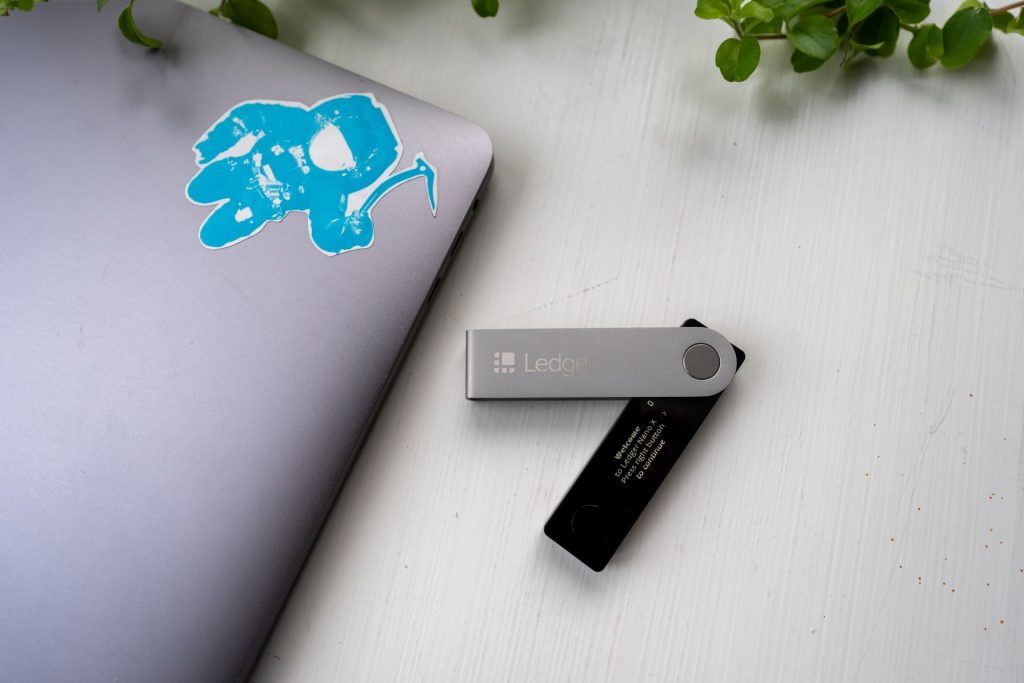
Source: unsplash.com
It is a good investment strategy, but it is robust cybersecurity. When utilizing hot or cold savings, you must never keep your whole digital money pile in a solitary wallet. Contrary to hot wallets, cold accounts are just not exposed to the network and hence are not vulnerable to hacking.
Retaining your secret keys inside a cold crypto wallet, also referred to as a hardware security module, is the safest choice because these wallets are secured. It is highly advised that cold storage equipment be used. Because these accounts aren’t linked to the network, they’re nearly impossible to monitor until you fall for a scam email, which we’ll go over later.
2. Provider Security
As a follow-up to the previous point, getting your bitcoin out of a gadget that requires maintenance is vital. This might involve things like system integration changes, among other things. Many suppliers perform each of these functions for you one of them being https://bitcoin-system.site/.
You must never keep your gadget alone, and you must not loan it out. Even though the individual you send the gadget to is someone you know, they may inadvertently do anything to it that compromises its privacy, whether they mean to be or not.
3. Organize Several Wallets
One can hedge their cryptocurrency assets by using numerous wallets because there are no restrictions on wallet registration. Do use one wallet for everyday transactions and another for everything else. It will safeguard your cryptocurrency holdings and reduce the risk of a security compromise.
4. Create a backup of your belongings
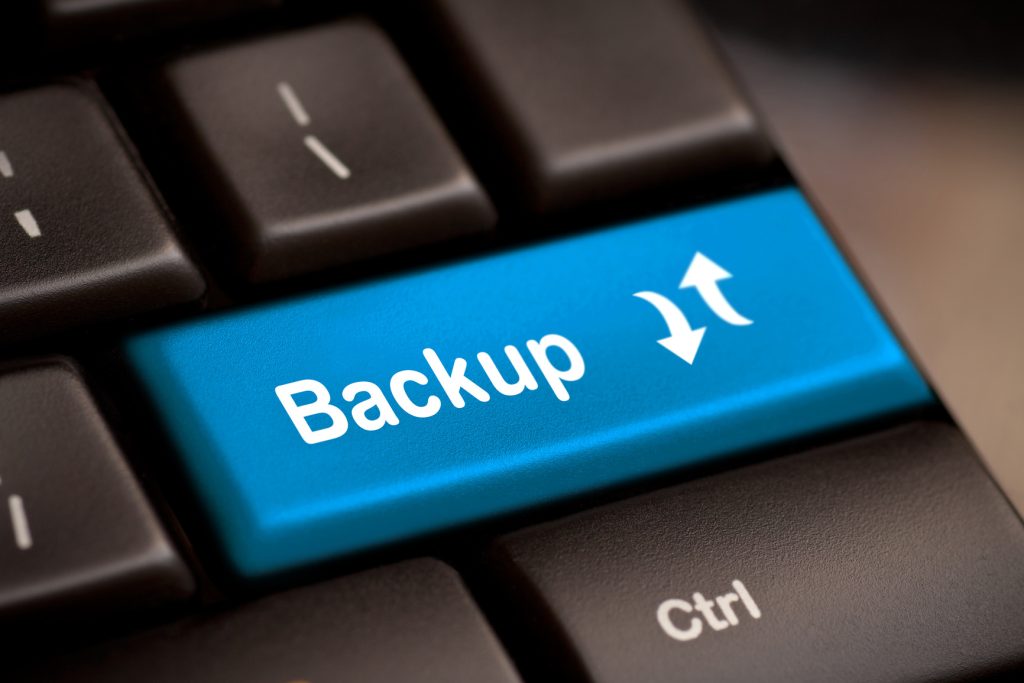
Source: flashbackdata.com
As a general guideline, you must always keep your wallet’s credentials inactive so hackers cannot access them. Safeties of this secret information, which are also maintained offsite, are equally essential.
Furthermore, it is strongly advised that you maintain a duplicate of your credentials outside of your residence – that way, people will have accessibility to them and in the event of an emergency, including ablaze, explosion, or anything else that can compromise your apartment’s stability.
Your bank’s safe is a good place to keep your private key, even though it may seem strange. This is most likely the safest location that most people can access.
5. Refresh your passwords regularly.
When it comes to defense, the value of secure encryption cannot be overstated. As per research, three-quarters of teenagers in the United States use the same login on much more than ten various phones, applications, and social media pages.
According to the report, the majority of them were also using the same login in over Fifty different locations. Ensure you get a robust, complicated, and complicated passcode that you update on a routine basis. If you do have many wallets, use unique passwords for each.
For added protection, use 2 different identification or inter identification. It is most likely the safest location that can be accessed.
6. Be on the lookout for phishing attempts.
As even more users become interested in the cryptocurrencies business, phishing frauds have attracted increasing attention in recent years. Somebody can undermine the safety of your smartphone in a range of methods, such as incorrectly uploading fraudulent software to the Appstore, utilizing spoofing sites that look like well-known and existent sites, etc.
These actions are carried out by mimicking linked businesses and personnel with fake websites and placing phishing emails in the documentation sent by email.
You can indeed be confident that your crypto assets will be stolen in seconds if you give your secret key to a hacking fraud site. This is why it’s vital to avoid visiting sites you do not even believe or allowing your computer’s security to lapse.
7. Use a secured wifi connection
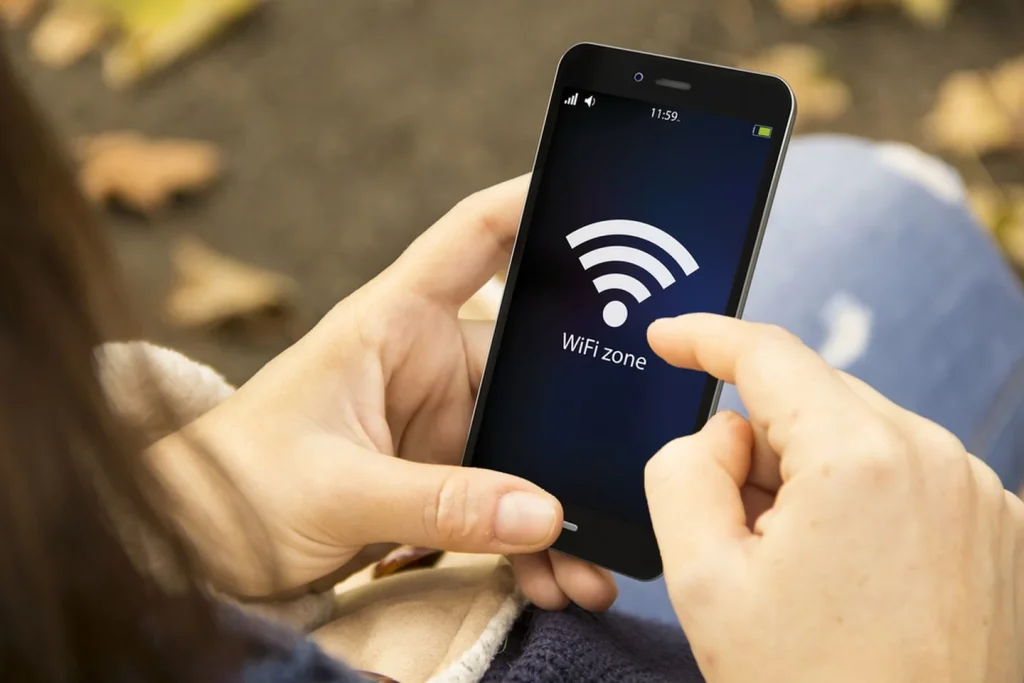
Source: popsci.com
Only use a protected broadband connection and prevent social wifi connections when dealing with or conducting crypto payments. Be using a VPN even though connecting to your local network for added security. Your Internet address and region are changed using a VPN, which keeps your internet behavior private and secured from malicious attackers.
8. Examine the URL Restrictions
While utilizing an online wallet, make sure that the location bar of your website has an SSL security symbol. It is an encoded website mark that assures your surfing is secured. The Address must commence with HTTPS instead of HTTP, and a key symbol must appear beside it.
9. Your Private Device Should Be Safe
Ensure your device has the most recent antivirus program installed to protect from recently discovered flaws. To prevent attackers from exploiting the flaw by building software to exploit the bug, use a robust antivirus or barrier to strengthen the safety of your equipment.
10. Avoid placing a significant amount of your cryptocurrency on swaps
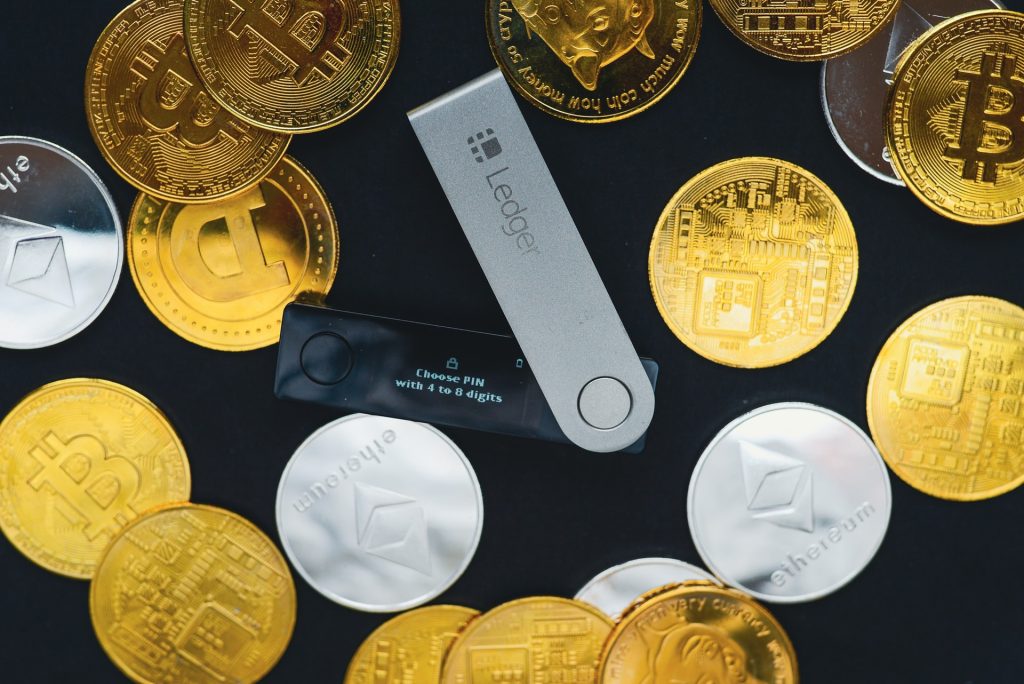
Source: unsplash.com
While many platforms now dominating the market are regarded as secure and have assurance, leaving most of your coins on platforms is not a wise option. You must never store more currency on an account than you’ll need to operate with since your investment is gone forever if it is compromised.
Conclusion
The virtual currency sector is constantly changing, so you must safeguard your virtual money by safeguarding your wallet with necessary security features. Keep up with the most critical security information, assault methodologies, and defense methods. Although there is a danger when dealing with the internet, many of the same precautions that keep you alive internet will also keep your cryptocurrencies secure.







